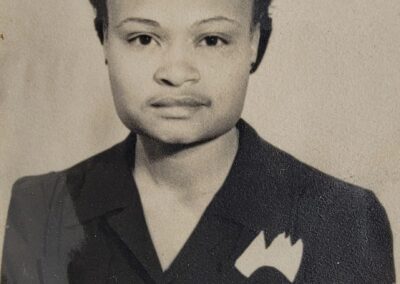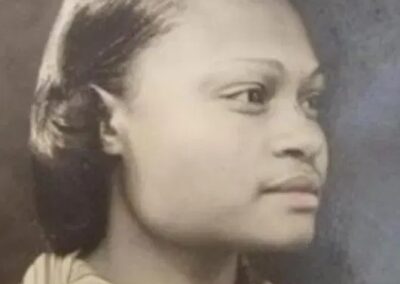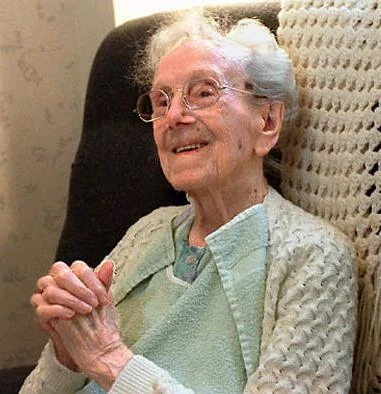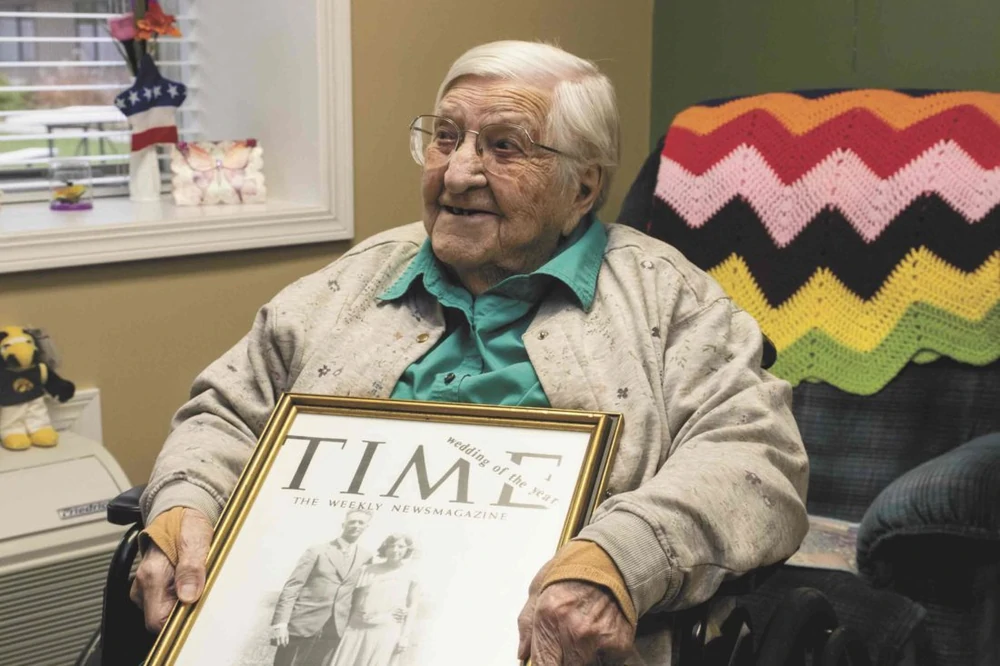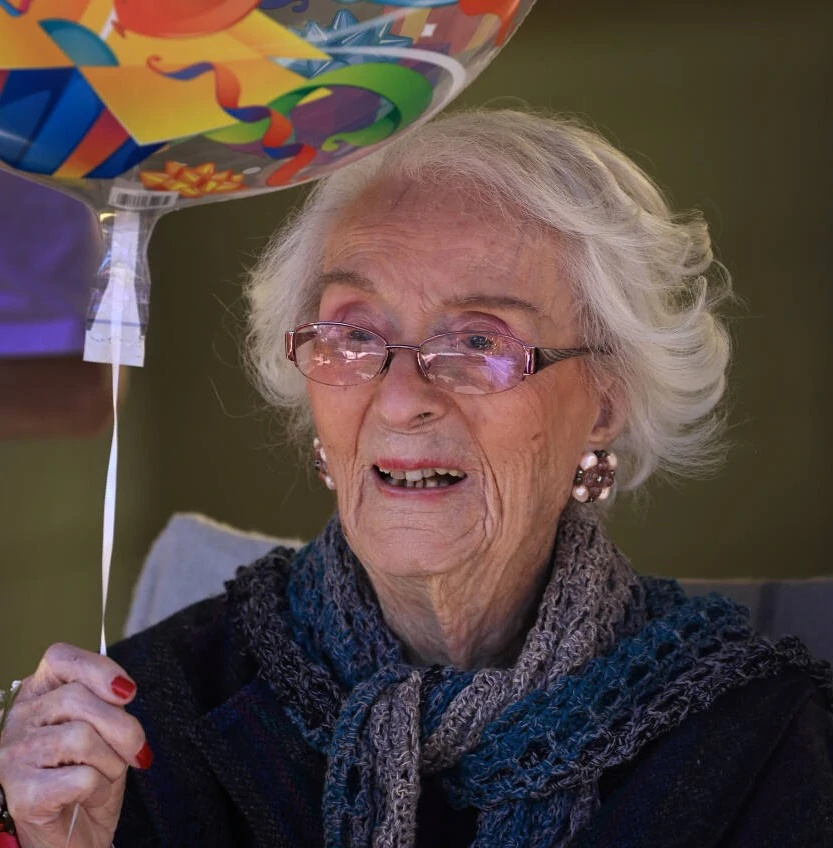Viola Fletcher (née Ford) was an American supercentenarian who at the time of her death was the oldest known living survivor of the Tulsa race massacre.
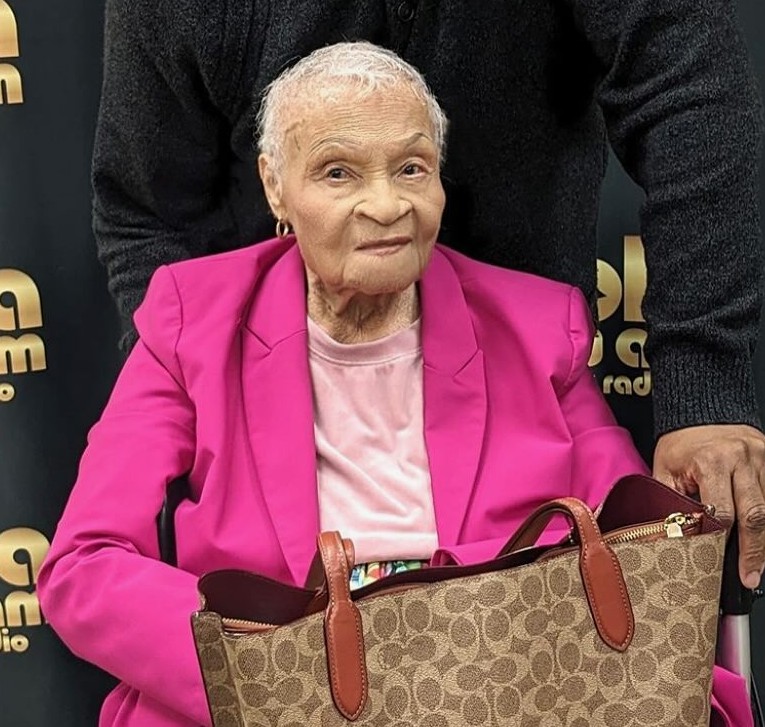
On her 111th birthday. (Source: Facebook / Tavis Smiley)
Supercentenarian Profile
Viola Fletcher
Loading...
BIOGRAPHY
Viola Fletcher was born in Comanche, Oklahoma, USA, on 10 May 1914, to parents Lucinda Ellis and John Wesley Ford. She was the second oldest of eight children. Her family were sharecroppers who worked tirelessly on rented land to make ends meet. Eventually, the Ford family moved to Tulsa in search of better opportunities. They settled in the Greenwood District, where they became members of St. Andrew, a Black Baptist church.
At the age of seven, she witnessed the Tulsa Race Massacre on 31 May and 1 June 1921. She recalled being in bed on the night of 31 May when her mother suddenly woke the family to flee, having seen dead bodies and men being shot. The family lost everything—their home, their belongings, and their sense of security. Her family struggled to find a safe place to live and the resources needed to survive. They were left with nothing but the clothes on their backs. The trauma and instability also disrupted Viola’s education—she was forced to leave school after the fourth grade due to the family’s difficult circumstances.
Her younger brother, Hughes Van Ellis (11 January 1920 – 9 October 2023), died at the age of 102.
On 17 December 1932, at the age of 18, she married Robert Fletcher, and the couple moved to California in search of better opportunities. During World War II, both Viola and Robert found work in the rapidly growing shipyard industry, contributing to the war effort. Viola worked as an assistant welder—a physically demanding and essential role. After the war, the Fletchers returned to Oklahoma to raise their three children. Viola took on work cleaning houses, displaying a tireless work ethic that kept her employed well into her 80s.
In 2014, Fletcher participated in an oral history project organized by the Oklahoma Oral History Research Program and the Oklahoma State University College of Human Sciences. The initiative sought to preserve firsthand accounts of the Tulsa Race Massacre.
In 2020, Fletcher, along with fellow survivors—including her younger brother Hughes Van Ellis and Lessie Randle—filed a lawsuit against the City of Tulsa, the Tulsa Board of Commissioners, and the Oklahoma Military Department. They sought reparations for the destruction and losses suffered in Greenwood during the 1921 massacre. However, the lawsuit was ultimately dismissed by a Tulsa County District Judge in 2023. In 2022, Fletcher, her brother, and Randle received $1 million from New York philanthropist Ed Mitzen.
In August 2021, Fletcher and her brother Hughes traveled to Ghana. During their visit, they met with Ghanaian President Nana Akufo-Addo. As a mark of respect and honor, Fletcher was bestowed the title of Queen Mother—a role of deep cultural and spiritual significance in Ghanaian tradition. She was also given several Ghanaian names, including Naa Lamiley, meaning “a strong person who endures through time”; Naa Yaoteley, meaning “the first female child in a family or bloodline”; and Ebube Ndi Igbo.
In 2023, her memoir, Don’t Let Them Bury My Story, was published. Co-written with her grandson, the book chronicles her life before, during, and after the massacre.
RECOGNITION
Her age has not been validated.
ATTRIBUTION
* Viola (Ford) Fletcher – WikiTree
* Queen Mother Viola Fletcher: A Paragon of Greenwood Longevity – Black Wall Street USA
* “Tulsa Massacre Survivor, Viola Fletcher, Becomes World’s Oldest Author” – Black Girl Nerds, 9 June 2023
* “109-year-old Tulsa Race Massacre survivor shares her story on Juneteenth” – WJLA, 20 June 2023
Related Profiles
[crp limit=’4′ ]

